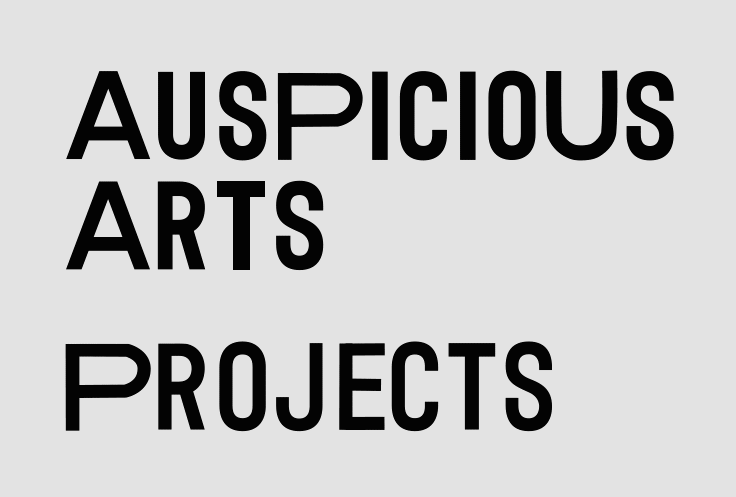GRANT APPLICATIONS: WHERE DO I START?
You’re wondering where to start when it comes to applying for funding - this guide will get you started the right way!
You have a great idea or you’re a practicing artist but looking for support to deliver it. Grant applications can feel overwhelming at first, but with the right approach, they’re simply about telling the story of your project and showing why it matters. Here’s how to strengthen your application from the start.
Start with Research
Before you even start drafting your application, spend time researching to make sure the funding opportunity is the right fit for you. Good research helps you focus your energy on the grants that actually suit your project.
Start by asking:
Who is this grant for? Individuals, collectives, or organisations? Some grants focus on emerging artists, others on established groups, specific art forms, or targeted community groups.
Am I eligible? Do I meet all the eligibility requirements? Will I need an auspice organisation to apply on my behalf?
What kinds of projects can be supported? Is this funding for creative development, touring, production, or career development? Can projects be delivered nationally, internationally, online, or in hybrid formats?
What activities or costs won’t be supported? Check for exclusions such as ongoing salaries, operational costs (like venue hire or electricity), major equipment purchases, or infrastructure works.
Read the Guidelines Carefully
Once you’ve decided the grant is a good fit, it’s time to go deep with the guidelines. These documents are your map - they show you exactly what the funder wants to achieve through this grant and how your application will be assessed. Remember, you should always speak to the funding body - they’re there to help and often welcome questions. If you’re using an auspice body (like us!), contact the organisation early, especially when it comes to preparing your budget or support materials.
Pay close attention to:
Aims and Objectives. These describe what the funding program is trying to achieve overall.
Assessment Criteria. These are the key points assessors will score your application against - make sure you address each one clearly.
Your application should:
Address a specific need or engage a clearly identified community, audience, or sector,
Deliver outcomes that directly reflect the goals of the funding body.
Writing Your Application: What Works
Be clear. Explain what you’re doing, who is involved, where it’s happening, when, how you’ll deliver it, and why it matters.
Keep it simple and direct. You don’t need fancy language - clarity wins every time.
Be confident. Avoid language like “might” or “hope to.” Use “will” and “we are” instead.
Don’t undersell yourself. Be proud of your work and what you bring to the project.
Write to the criteria. Draft dot points under each question to make sure you’re hitting what they’ve asked for.
If you’re stuck on a question, check the guidelines again or call the funding body.
Prepare Your Budget
A clear, well-researched budget is one of the most important parts of your application. It shows funders you’ve planned carefully and can deliver what you promise. Read more on our page How to Write a Great Budget and What Is In-Kind Support and Why Does It Matter?
Include Support Material
Support material strengthens your application by showing who you are, what you’ve done, and why you can deliver this project. This could be bios, examples of past work, or letters of support. See more on our page Support Material & Budget Notes: What You Need to Know
Grant Application Checklist
A great grant application starts with good planning. Below is a checklist which can help guide you through the process.
☐ Draft your budget
☐ Gather your support materials
☐ Draft your application
☐ Get feedback on your draft
☐ Refine your application and budget
☐ Submit your application
☐ Do your research
☐ Plan your approach
☐ Set deadlines
☐ Read the grant guidelines carefully
☐ Speak to the funding bodies
☐ Speak to the auspice body (if applicable)
Final Thoughts
A grant application isn’t just about asking for money - it’s about inviting a partnership. Show the funders why your project matters, why it fits their goals, and why you’re the right person to make it happen. For more information visit our page What Makes an Application Stand Out?
More resources for writing grant applications:
https://www.artsupport.com.au/blog/grant-writing
https://creative.gov.au/investments-opportunities/application-process/grant-writing-tips#:~:text=please contact us.-,Your budget,your budget%2C please contact us.
https://explore.fundingcentre.com.au/help-sheets/winning-checklist

